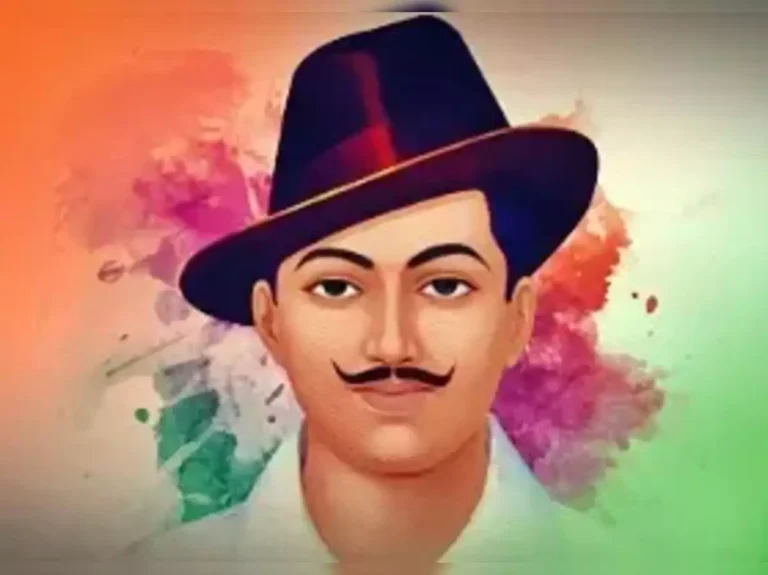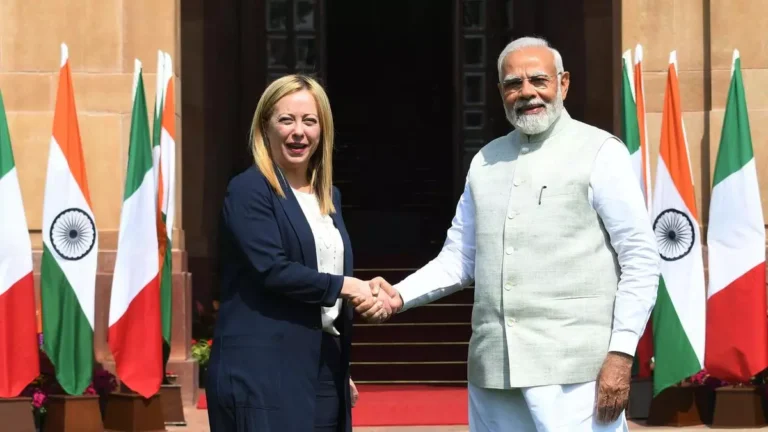
Che Guevara, born Ernesto Guevara on June 14, 1928, in Rosario, Argentina, remains one of the most enduring symbols of rebellion and revolutionary struggle in modern history. His life, marked by his tireless fight against imperialism and his unwavering commitment to Marxist ideals, continues to inspire generations around the world. From his early days as a medical student to his role in the Cuban Revolution and beyond, Guevara’s legacy is a complex tapestry of revolutionary fervor, ideological commitment, and controversial actions.
Early Life and Influences
Ernesto Guevara was born into a middle-class family in Argentina. His parents, Ernesto Guevara Lynch and Celia de la Serna, were politically active and instilled in him a sense of social justice and intellectual curiosity. Guevara suffered from severe asthma from a young age, a condition that, rather than hindering him, seemed to fuel his resolve and resilience.
Guevara studied medicine at the University of Buenos Aires but took intermittent breaks to travel around Latin America. These journeys were pivotal in shaping his worldview. His famous motorcycle journey through South America with his friend Alberto Granado, chronicled in “The Motorcycle Diaries,” exposed him to the harsh realities of poverty, disease, and social injustice, solidifying his commitment to revolutionary change.
The Cuban Revolution
Guevara’s encounter with Fidel Castro and the 26th of July Movement in Mexico marked a turning point in his life. Joining Castro’s revolutionary forces, Guevara played a critical role in the guerrilla campaign that ultimately overthrew the Batista regime in Cuba in 1959. Known for his strategic acumen, Guevara was instrumental in key battles, including the decisive Battle of Santa Clara.
Following the revolution, Guevara held several significant positions in the new Cuban government. As president of the National Bank of Cuba and later as Minister of Industries, he worked tirelessly to implement Marxist economic policies, including land redistribution and nationalization of industries. He also authored “Guerrilla Warfare,” a manual that became a blueprint for revolutionary movements worldwide.
International Revolutionary Efforts
Guevara’s commitment to global revolution led him to leave Cuba in 1965 to support other liberation movements. His first mission was in the Congo, where he aimed to assist Laurent-Désiré Kabila’s forces. Despite his efforts, the mission was ultimately unsuccessful, largely due to logistical challenges and lack of local support.
Undeterred, Guevara then turned his attention to Bolivia, where he sought to incite a revolution similar to the Cuban model. In Bolivia, however, he faced numerous obstacles, including a hostile environment, limited local support, and eventual betrayal. On October 8, 1967, Guevara was captured by the Bolivian army with the assistance of the CIA. He was executed the following day, his death marking the end of a fervent revolutionary career but the beginning of his iconic status.
Legacy and Controversy
Che Guevara’s legacy is multifaceted and deeply polarizing. To many, he is a hero who fought against imperialism and stood up for the oppressed. His image, immortalized in Alberto Korda’s iconic photograph, has become a global symbol of resistance and rebellion. Guevara’s writings, speeches, and revolutionary praxis continue to influence leftist movements and political thought around the world.
However, Guevara’s methods and ideological rigidity have also drawn significant criticism. His advocacy for armed struggle, willingness to employ violence, and role in the execution of political prisoners in post-revolutionary Cuba have led some to view him as a ruthless zealot rather than a hero. This duality in his legacy reflects the broader complexities of revolutionary movements and the ethical ambiguities of political violence.
Conclusion
Che Guevara’s life and legacy encapsulate the spirit of revolutionary struggle in the 20th century. His unwavering dedication to his ideals, despite the immense personal risks and moral ambiguities, has left an indelible mark on history. Whether celebrated as a champion of the oppressed or critiqued for his revolutionary fervor, Guevara remains a figure of immense significance, a symbol of the enduring quest for justice and equality in a world rife with social and economic disparities. His life story continues to inspire, provoke, and challenge, ensuring that the debate over his legacy will persist for generations to come.




